Categories
The latest content
-
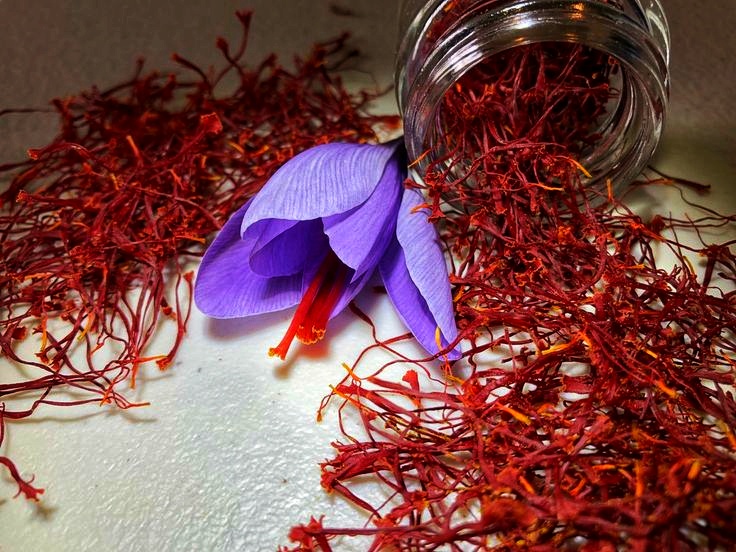
Unlocking the Golden Opportunity; How Afghan Importers & Distributors Can Profit from Iranian Saffron?
..
-
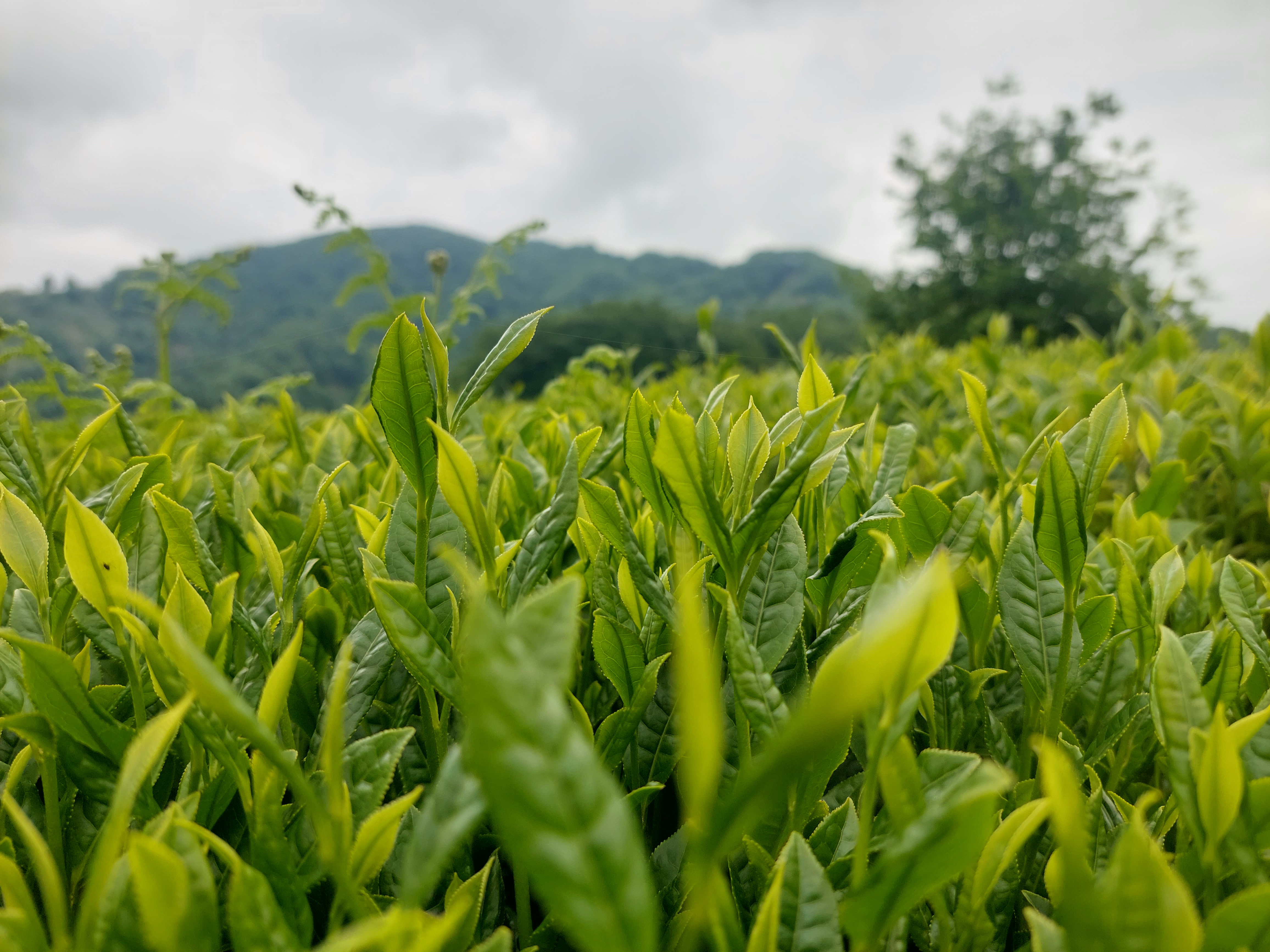
Top Types of Iranian Tea Preferred by Egyptian Consumers; A Guide for Importers and Distributors
..
-
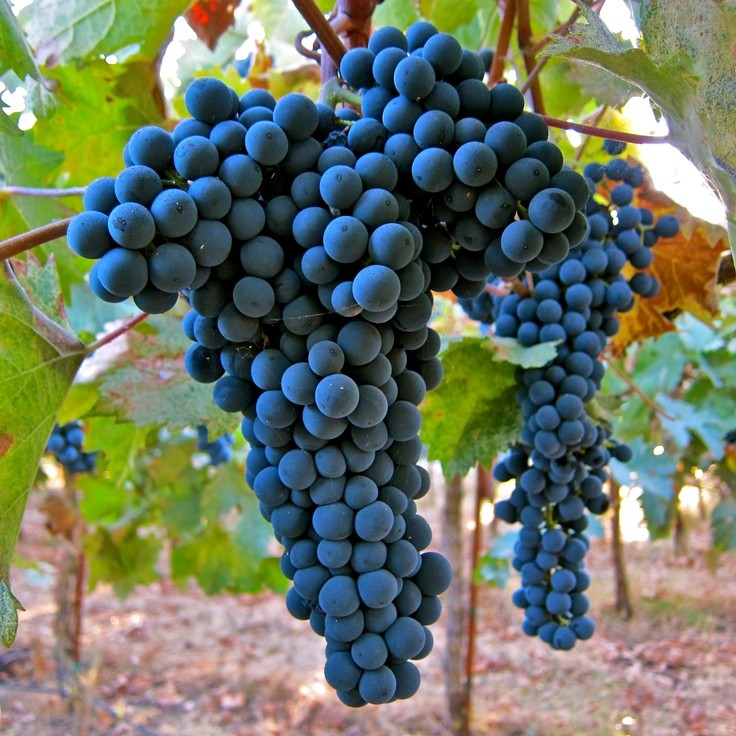
How to Source Iranian Black Raisins; What Global Buyers Should Know
..
-
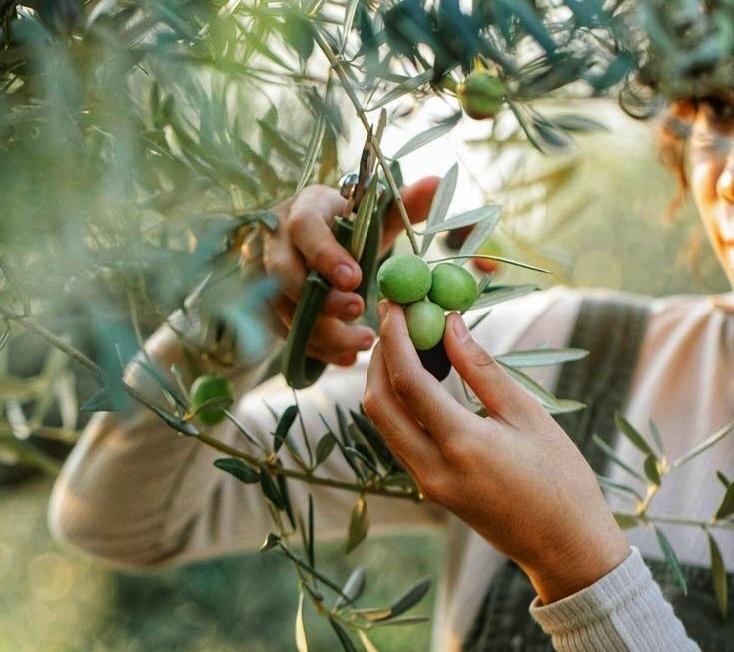
The History of Olive Cultivation in Iran; From Ancient Roots to Global Markets
..
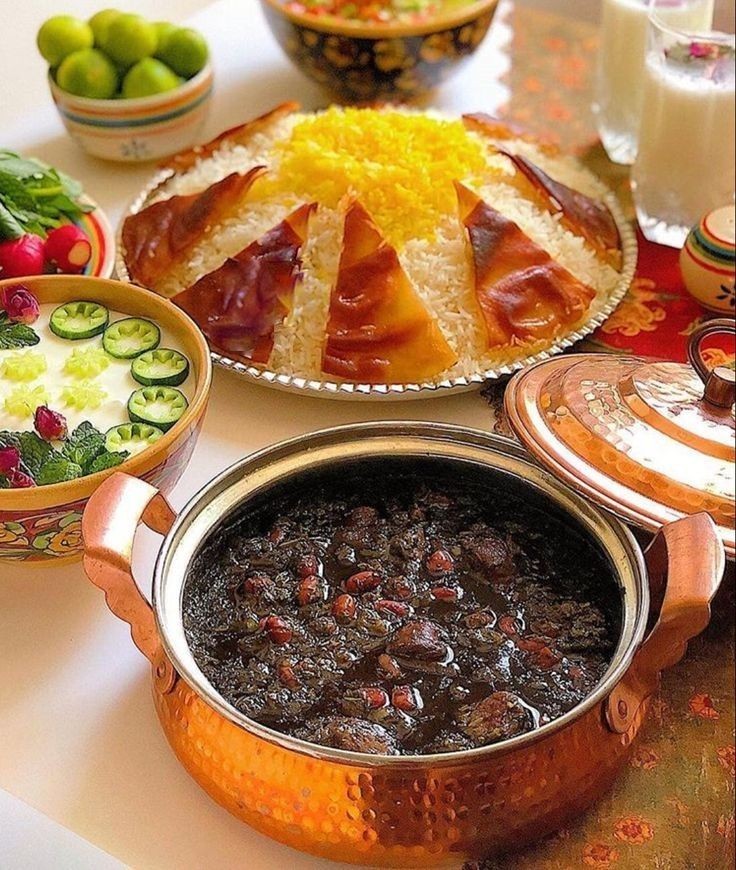
Tags
How Can African Countries Benefit from Iranian Raisins?
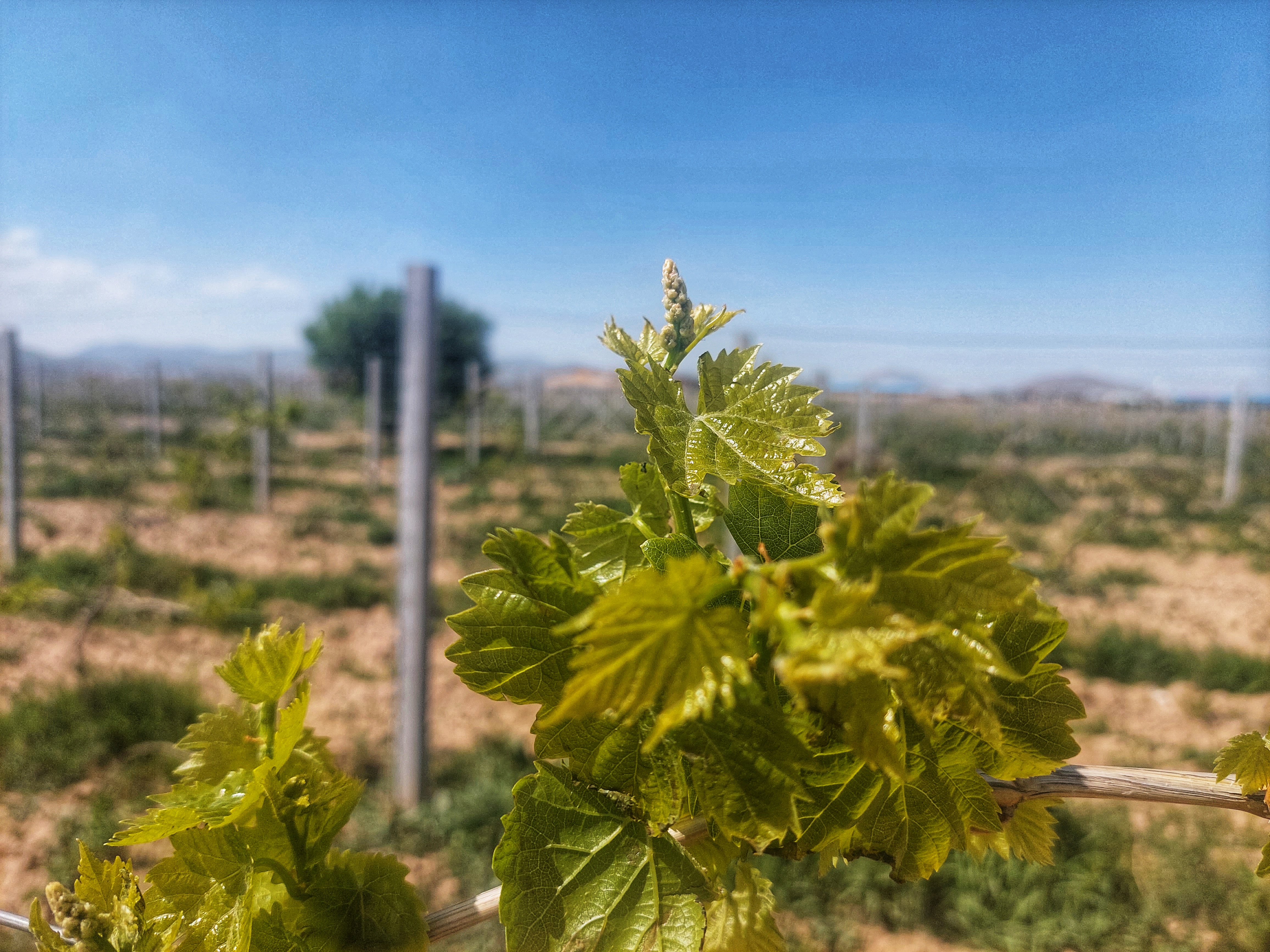
Africa is a continent of growth, innovation, and untapped potential, especially in the agro-food sector. As nations across Africa seek to diversify their economies and strengthen food security, opportunities for strategic imports are expanding. One often-overlooked yet highly valuable agricultural product is Iranian raisins — a healthy, versatile, and economically beneficial commodity.
Iran, as one of the top global exporters of raisins, offers products that combine quality, affordability, and variety. By developing closer trade ties with Iranian raisin producers, African countries can unlock significant benefits for their economies, industries, and public health.
1. Strengthening the Food Industry and Agro-Processing
The African food and beverage industry is growing rapidly. Demand for processed foods, healthy snacks, and value-added products is rising across the continent, fueled by a young population, urbanization, and evolving consumer tastes.
Iranian raisins, with their natural sweetness and consistent quality, can be a key ingredient in:
• Bakery products (breads, pastries, cookies)
• Breakfast cereals and granola bars
• Snack foods and trail mixes
• Confectionery and chocolates
• Traditional sweets and desserts
By incorporating high-quality Iranian raisins into local food production, African businesses can introduce new, premium products to the market, meeting both domestic and regional demand.
2. Supporting Health and Nutrition Goals
Malnutrition remains a challenge in many parts of Africa. Raisins are a rich source of essential nutrients, including:
• Iron
• Potassium
• Fiber
• Natural antioxidants
They provide quick energy and support overall health, making them an excellent addition to:
• School feeding programs
• Emergency food aid
• Public health nutrition campaigns
Iranian raisins, being naturally sun-dried and minimally processed, align perfectly with efforts to promote healthy, natural diets across the continent.
3. Boosting Trade and Regional Commerce
Africa’s growing commitment to intra-African trade, particularly under the African Continental Free Trade Area (AfCFTA), opens opportunities for countries to not only import Iranian raisins but also to re-export them regionally after processing or repackaging.
Possible business models include:
• Import and wholesale distribution
• Packaging and branding for domestic markets
• Re-export to neighboring countries
This enhances cross-border trade, strengthens regional value chains, and encourages the growth of local businesses engaged in logistics, marketing, and distribution.
4. Creating Jobs and Promoting Industrialization
Importing Iranian raisins can stimulate job creation in several sectors, including:
• Agro-processing and packaging
• Transportation and logistics
• Retail and distribution
• Marketing and advertising
Value addition activities such as cleaning, sorting, packaging, and branding raisins for local markets can significantly boost employment, particularly among youth and women, supporting broader development goals.
5. Offering High-Quality, Affordable Products
Iranian raisins are recognized worldwide for their competitive prices and premium quality.
By choosing Iranian suppliers, African importers can offer consumers an affordable, nutritious, and premium product, improving access to healthy foods for broader segments of the population.
This also helps retailers and wholesalers maintain better margins while delivering high customer satisfaction.
6. Diversifying Supply Chains and Enhancing Food Security
In today’s volatile global market, reliance on a few suppliers can be risky. Iranian raisins offer African countries an opportunity to diversify their dried fruit imports, strengthening food security and reducing vulnerability to supply shocks.
Iran's large production capacity ensures stable, year-round supply, offering African markets a reliable partner for sustained growth.
Conclusion
Iranian raisins present a golden opportunity for African nations to strengthen their food industries, enhance public health, expand trade networks, create jobs, and provide affordable nutrition to millions.
Through smart partnerships and investment in value-added processing, Africa can turn the humble raisin into a powerful tool for economic development and improved quality of life.
Building closer trade relations with Iran in the agricultural sector can be a strategic step toward sustainable growth, mutual prosperity, and stronger economic resilience across the African continent.



